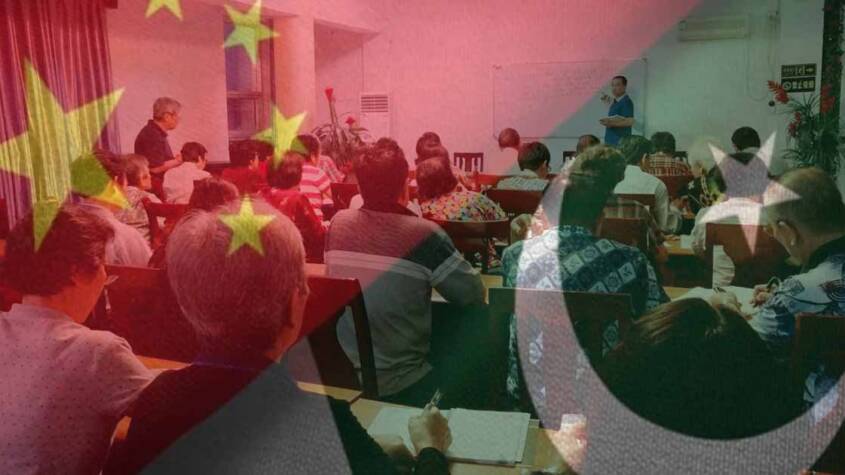China, Pakistan to cooperate for traditional medicine
Speaking at the inaugural ceremony of the Sino-Pakistan Symposium at the University of Karachi, Proffessor Dr. Atta-ur-Rahman, Chairman of Prime Minister’s Task Force on Science and Technology, said that the joint Sino-Pakistan Cooperation Center for Traditional Chinese Medicine (SPCCTCM)at Karachi University will open new arenas of cooperation. He also said that as China has made progress in medicine, Pakistan can learn from it. Moreover, he added that joint cooperation will enable the two countries to learn about each other’s traditional medicinal practices.
Prof. Dr. Atta-ur-Rahman, Chairman of Prime Minister’s Task Force on Science and Technology, has expressed hope that establishment of the Sino-Pakistan Cooperation Center for Traditional Chinese Medicine (SPCCTCM)at Karachi University would open new horizons for researchers.
Speaking at the inaugural ceremony of the Sino-Pakistan Symposium on Traditional Chinese Medicine-Traditional Unani Medicine held at Prof. Salim Uz Zaman Siddiqui Auditorium of the ICCBS , University of Karachi on Wednesday Prof. Atta underlined the importance of the bilateral relations between Pakistan and China and termed setting up the cooperation centre at the International Center for Chemical and Biological Sciences a phenomenal development that would open new horizons for researchers to have new discoveries in the field of traditional medicines.
Many Chinese and Pakistani officials including Sindh Minister for Health & Population Welfare Dr. Azra Fazal Pechuho (Online), Prof. Dr. Khalid M. Iraqi, Vice-Chancellor University of Karachi, Pakistan’s Ambassador in China Mr. MoinulHaque (Online), Deputy Chief of Mission Chinese Embassy in Pakistan Ms. Chunxue Pang (Online), Mayor Li Chunqiu, Huaihua, Hunan Province, China (Online), Director Health Dr. DabirAhmed (Online), Prof. Dr. M. Iqbal Choudhary, Director of the International Center for Chemical and Biological Sciences, and Sino-Pakistan Cooperation Center for Traditional Chinese Medicine (SPCCTCM) Coordinator General, Ms. Sadia Rashid, President Hamdard Foundation also addressed the occasion physically or online. Prof. Dr. Khalid M. Iraqi, the University’s chief unveiled the plaque of the Sino-Pakistan Cooperation Center for Traditional Chinese Medicine.
Prof. Rahman pointed out that Pakistan should take a lesson from China, as China had made great progress in every sector of development.
The close relations between Pakistan and China on the fronts of science and technology, higher education, and Information Technology are fostering with each passing day, he added.
We have established 150 centers across the country, while the establishment of Pak Austrian University of Applied Science and Engineering is one of my achievements, he informed the symposium.
Dr. AzraFazalPechuho said that the establishment of the Sino-Pakistan Cooperation Center for Traditional Chinese Medicine would play a vital role in the promotion of traditional medicines in both countries.
She said that ICCBS University of Karachi was contributing its role remarkably in the area of research and higher education.
Prof. Dr. Khalid M. Iraqi welcomed the national and international participants on the occasion and highlighted role of the ICCBS in the ongoing pandemic.
He said that the international center had played a significant role in the national fight against the pandemic of Covid-19.
He said that Pakistan and China owned strong collaboration especially in terms of CPEC (China Pakistan Economic Corridor) which was a framework of regional connectivity.
The free use of Chinese Covid-19 in Pakistan was a great sign of strong friendship between the two countries, he added.
Chinese envoy Zhao Shiren urges students to uphold integrity and strengthen China-Pakistan ties
LAHORE:The Consul Generals from several countries and other distinguished guests attended …











